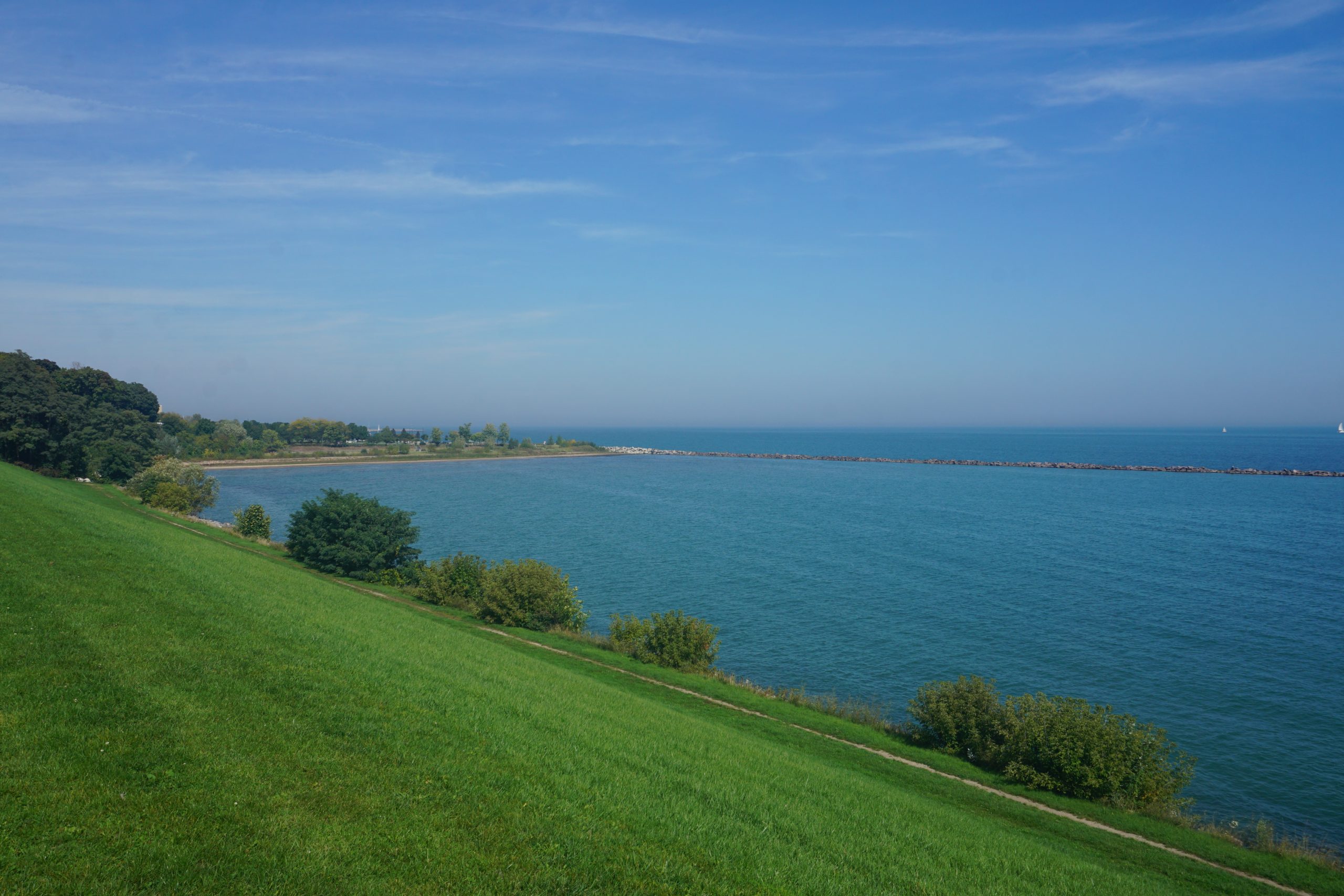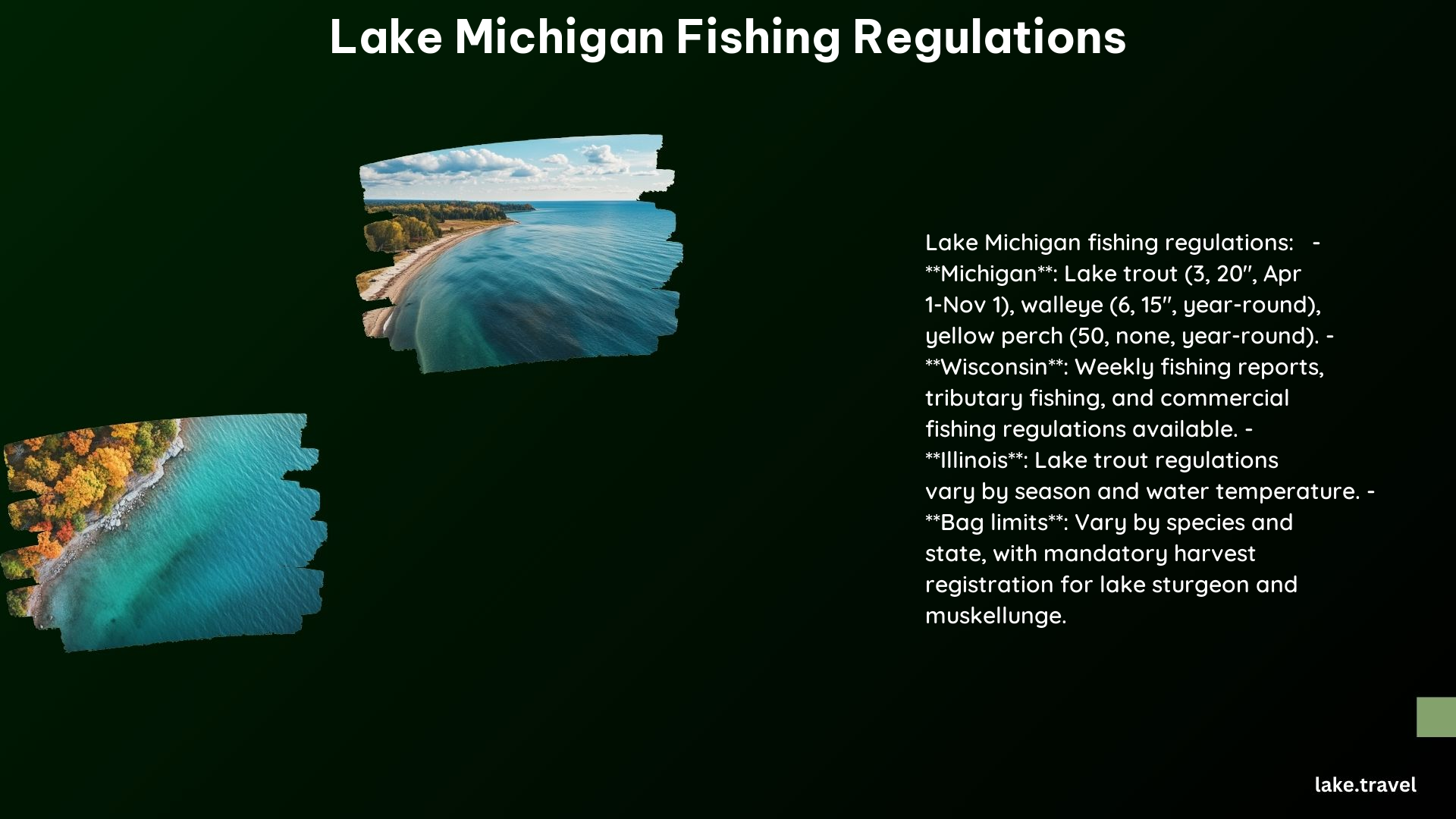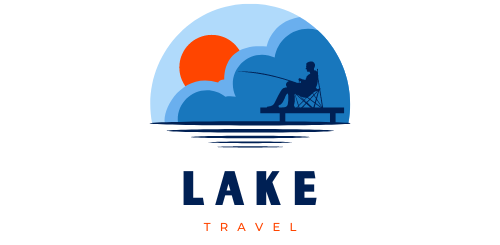Lake Michigan is a renowned destination for anglers, offering a diverse array of fish species and breathtaking scenery. However, to ensure the sustainability of the fishery and maintain a healthy ecosystem, it is crucial to understand and adhere to the Lake Michigan Fishing Regulations. This comprehensive guide will provide you with all the necessary information to plan your next fishing adventure on the Great Lakes.
Daily Bag Limits

The daily bag limits for fishing in Lake Michigan are as follows:
| Species | Daily Bag Limit | Minimum Size Limit | Season |
|---|---|---|---|
| Lake Trout | 3 per person | 20 inches | April 1st to November 1st |
| Salmon and Trout | 5 fish total, with no more than 3 of a single trout species | 10 inches | Year-round |
It’s important to note that these limits are in place to protect the fish populations and ensure a healthy, thriving fishery for years to come.
Mandatory Harvest Registration

Certain species in Lake Michigan require mandatory harvest registration to help wildlife managers monitor and manage the fishery effectively. These species include:
- Lake Sturgeon: Harvests must be reported within 24 hours.
- Muskellunge: Harvests must be reported within 24 hours.
You can register your harvests online at Michigan.gov/DNRLicenses or by phone at 888-636-7778.
Fishing in Tributaries
Lake Michigan is fed by numerous tributaries, each with its own set of regulations. It’s essential to familiarize yourself with the specific rules and regulations for the tributaries you plan to fish in.
Wisconsin Tributaries
Wisconsin’s tributaries to Lake Michigan offer excellent fishing opportunities. You can find information on specific tributaries and fishing reports on the Wisconsin DNR website.
Illinois Tributaries
For anglers fishing in Illinois tributaries, it’s crucial to check the regulations set by the Illinois Department of Natural Resources. Their website provides detailed information on fishing rules and regulations in these waterways.
Licensing Requirements
To legally fish in Lake Michigan, you’ll need to obtain the appropriate fishing license for the state you’ll be fishing in.
Michigan
Anyone 17 years of age or older needs a fishing license to fish in Michigan waters, including Lake Michigan. Licenses can be purchased online through the Michigan DNR website.
Ohio
In Ohio, anyone 16 years of age or older needs a fishing license to fish in Lake Michigan. Licenses can be purchased online through the Ohio DNR website.
Additional Resources
To ensure you have the most up-to-date information on Lake Michigan Fishing Regulations, we recommend consulting the following resources:
- Michigan Fishing Guide: The 2024 Fishing Guide provides detailed information on current fishing rules and regulations.
- Wisconsin DNR: The Wisconsin DNR website offers information on Lake Michigan fishing, including charter fishing, fishing reports, and more.
By familiarizing yourself with the Lake Michigan Fishing Regulations, you can enjoy a safe and responsible fishing experience while contributing to the long-term sustainability of the fishery. Remember to always check the latest regulations before heading out, and be sure to report any harvests as required. Happy fishing!
References
- https://www.michigan.gov/dnr/things-to-do/fishing/fishing-regulations
- https://www.michigan.gov/dnr/things-to-do/fishing
- https://dnr.wisconsin.gov/topic/Fishing/lakemichigan
- https://dnr.illinois.gov/content/dam/soi/en/web/dnr/publications/documents/00000181.pdf
- https://fishdoubletrouble.com/fishing-regs-license-info/
